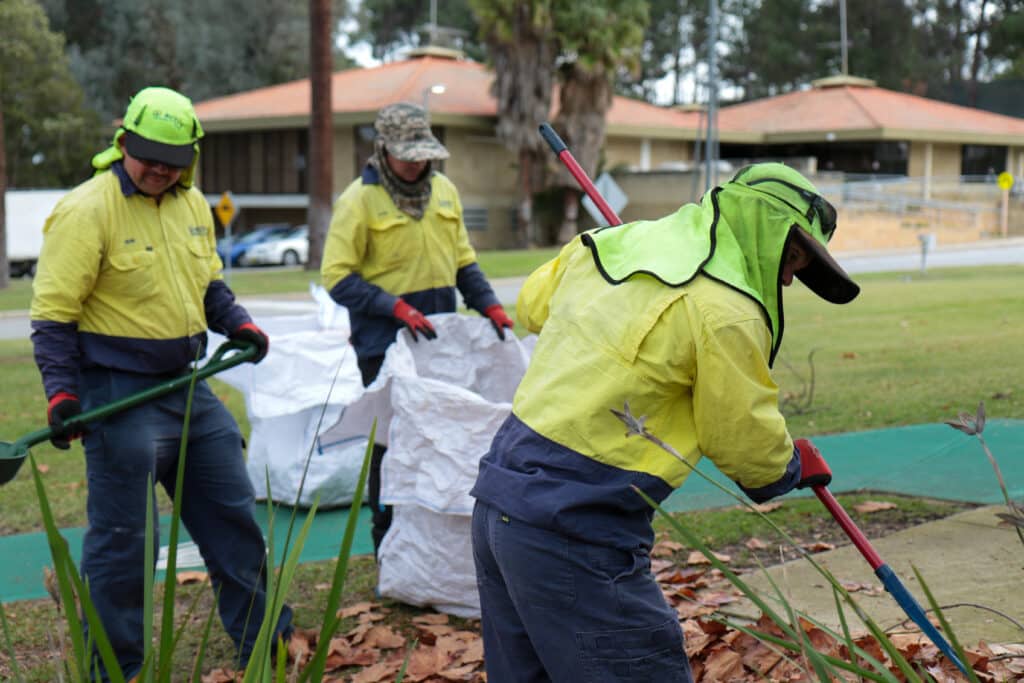Leverage incentives, improve efficiencies in agribusiness, food and beverage sector
Like many other sectors, Australia’s food and beverage industry has faced some major challenges over the past few years. Mauri Mucciacciaro, Partner – Private Business and Tax Advisory from Grant Thornton writes how food and beverage businesses can leverage incentives and improve operational efficiencies to succeed in 2023.

The global pandemic created supply chain issues, which shocked the sector. Alongside this, most businesses now face staff shortages caused by COVID-19 and the disruption to migration.
While the industry has been resilient, these issues continue to remain – but there’s a glimmer of hope through the investment and initiatives by both Federal and State Governments. So how can you leverage incentives and create operational efficiencies to set your business up most effectively in 2023?
Finding efficiencies to manage supply chain disruptions
Although borders have re-opened and global supply chains have come close to pre-COVID normality, Australia has faced extreme weather, which has affected agribusiness – both from a produce and supply chain perspective.
In addition, a combination of disrupted supply chains, high inflation and interest rates have impacted day-to-day operations across the value chain of agribusiness, food and beverage, with businesses trying to navigate what costs they pass onto customers, and what costs they absorb.
These issues are high on the agenda for industry and government alike. Issues front of mind for industry players are clearly supply chain disruption, high transport costs and catering for increased global demand for Australian-made produce.
To enable businesses to operate efficiently under difficult conditions, the Federal Government’s $15 billion National Reconstruction Fund will support industry development and drive sustainable economic growth, with particular investment in value-add for the agriculture, forestry and fisheries sectors.
In addition, investment on a state basis has focused on innovation and regional development. This includes a push to establish a food and beverage hub in Western Australia’s Greater Fremantle Region.
While investment is important to boost innovation, it’s essential to look inward at your business operations to remain ahead of the competition. Finding efficiencies in processes, business structuring and operations are key to optimising your production, maximising supply chain efficiencies and achieving success.
Attracting and retaining your workforce
Australia’s food and beverage industry is heavily reliant on its human capital, employing more than 270,800 people and accounting for 32 per cent of Australia’s manufacturing turnover according to the Australian Food and Grocery Council's 2021 annual report.
Shortages in the agriculture sector – from fruit pickers and farmers, to logistics, distribution, warehousing, transport and hospitality – amalgamate to a major problem. The sector is in dire need of skilled and unskilled labour across the value chain to supply for growing domestic and global demand for food.
To address the shallow pool of talent, the October 2022 Federal Budget increased the permanent migration cap, welcoming skilled workers from overseas to fill immediate vacancies. To meet long-term demand, the Budget saw a $1b investment into education to create additional training places to boost employment figures, as well as parental leave and return to work support.
Recent industrial relations rules protecting businesses with 20 to 50 employees by giving them power to exit single-interest processes – rather than being obliged to participate in a bargaining process – was also welcomed news.
While these measures are beneficial, businesses will need to provide a compelling value proposition to attract and retain talent. Employers need to look beyond financial aspects and consider alternative forms of remuneration. From non-cash remuneration to employee share schemes, these flexible forms of remuneration will be a competitive advantage to attract and retain talent, but also to protect intellectual property.
To achieve this, reflecting on your strategy, articulating your ambitions, prioritising areas of focus, developing a clear action plan and engaging a strategy and tax advisor will be crucial.
While the industry is climbing an uphill battle, Grant Thornton remains hopeful that these initiatives, together with improved overall market conditions, will combat these supply chain and workforce issues, and set businesses up to face a changing business landscape in a more resilient, agile way.
Contact Grant Thornton today for assistance within the agribusiness, food and beverage sector.












